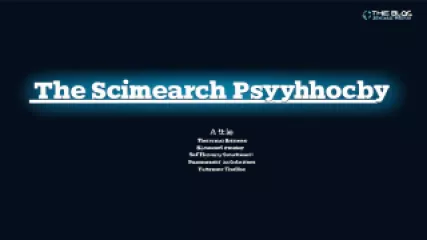Exploring the Psychology of Space Exploration
1 year ago
Psychology of Space
Unlock Mindfulness: A Step-by-Step Guide to Integrating It Into Your Daily Life
1 year ago
Mindfulness in Daily Routines
The Essential Guide to Therapy Basics for Self-Improvement
1 year ago
Therapy Basics
The Science Behind Self-Esteem: A Research Summary
1 year ago
Understanding Self Esteem
Why Nurturing a Support Group Can Motivate Others
1 year ago
Motivating Others
Self-Care Tips: A Research Summary on Effective Wellness Coaching
1 year ago
Wellness Coaching
Lessons from "Quiet": Overcoming Shyness through Introverted Superpowers
1 year ago
Overcoming Shyness
Overcoming Peer Pressure: A Step-by-Step Guide
1 year ago
Peer Pressure
The Science-Backed Benefits of Daydreaming
1 year ago
Benefits of Daydreaming
Why Taking Mental Health Breaks is Essential for Wellbeing
1 year ago
Mental Health Break Importance
My Journey Overcoming Problem Gambling: A Personal Story
1 year ago
Psychology of Gambling
Confronting OCD: Why Online Therapy is a Game-Changer
1 year ago
Obsessive Compulsive Disorder
How to Rebuild Motivation After a Setback
1 year ago
Finding Motivation After Failure
Effective Child Anger Management Strategies: A Research Summary
1 year ago
Handling Anger in Children
10 Proven Benefits of Mindful Listening
1 year ago
Mindful Listening Benefits














